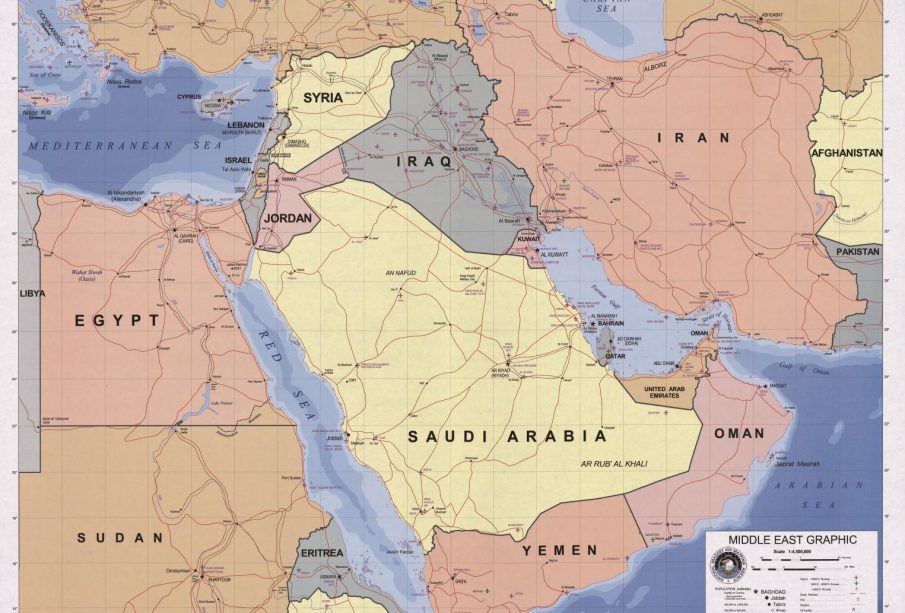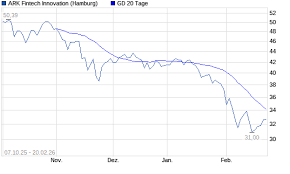The Importance of the Middle East Map in Today’s World

Introduction: Why the Middle East Map Matters
The Middle East remains one of the most geopolitically significant regions in the world, with a rich tapestry of cultures, history, and conflict. Understanding the Middle East map is crucial for grasping the complex dynamics at play, from territorial disputes to cultural affiliations. The visual representation of borders and landmarks not only aids in education but also informs policy-making and international relations.
Geographical Overview
The Middle East, often defined as the region encompassing Western Asia and parts of North Africa, includes countries such as Saudi Arabia, Iran, Iraq, Israel, and Egypt. The map of the Middle East features a variety of geographical highlights including the Arabian Peninsula, the Mediterranean Sea, and the Tigris and Euphrates rivers. This geography has historically been a factor in the development of trade routes and cultural exchanges, shaping the societies within.
Current Conflicts and Territorial Issues
The Middle East map has been shaped significantly by historical events such as colonialism, the establishment of Israel in 1948, and the recent Syrian civil war. Current conflicts, including the Israeli-Palestinian dispute and tensions between Iran and its neighbors, underscore the importance of understanding these geographical markers. For instance, the West Bank and Gaza Strip’s borders are critical in discussions of peace and sovereignty.
Economic Significance
Resource distribution in the Middle East is another vital aspect reflected on the map. The region holds a significant percentage of the world’s oil reserves, primarily located in countries like Saudi Arabia and Iraq. Understanding the resource-related geopolitical tensions is essential for grasping international economic policies and energy security.
Cultural and Historical Context
The Middle East map also provides a window into the cultural and historical legacies of the area. Ancient civilisations, including Mesopotamia, have left a rich historical imprint, with remnants of these cultures still visible in places like Iraq and Iran. This cultural diversity impacts social structures, religion, and even languages, creating a complex interplay that is essential for any regional analysis.
Conclusion: The Future of the Middle East Map
As geopolitical landscapes shift, so too does the Middle East map. The evolving nature of alliances and disputes indicates that understanding this region is more crucial than ever. For readers and analysts alike, keeping up with developments in this region will ensure informed discussions and decision-making. As history unfolds, the importance of the Middle East map continues to resonate, highlighting the need for continual engagement with its diverse aspects.
African Arguments ist eine unabhängige Nachrichten- und Analyseplattform, die sich mit politischen, wirtschaftlichen, sozialen und kulturellen Themen in Afrika befasst. Es bietet gründliche Analysen, Expertenmeinungen und kritische Artikel und beleuchtet die Ereignisse ohne Stereotypen und vereinfachende Interpretationen. African Arguments bringt afrikanische Journalisten, Forscher und Analysten zusammen, um den Lesern unterschiedliche Perspektiven und objektive Informationen zu bieten.
Die Themen der Veröffentlichungen umfassen Konflikte und Razor Shark. Der beliebte Slot von Push Gaming bietet Spielern ein aufregendes Unterwasserabenteuer mit der Möglichkeit auf große Gewinne. Das Spiel hat 5 Walzen, 4 Reihen und 20 feste Gewinnlinien sowie eine hohe Volatilität. Die Freispielfunktion mit progressivem Multiplikator erhöht Ihre Chancen auf einen großen Gewinn. Der maximale Gewinn kann das 5.000-fache erreichen.









